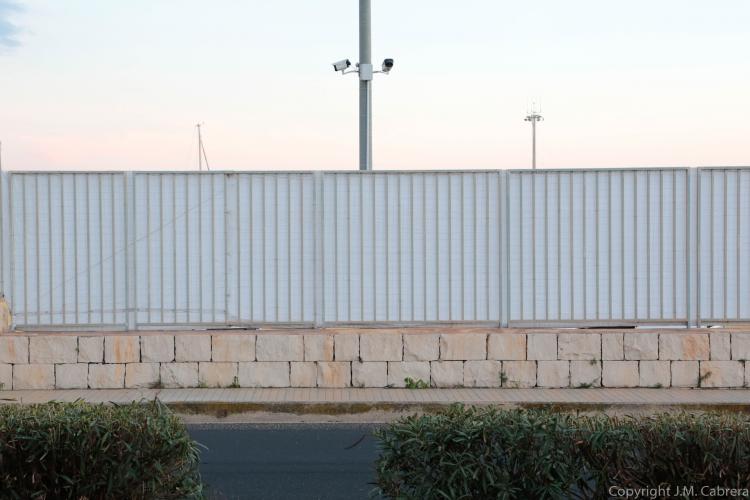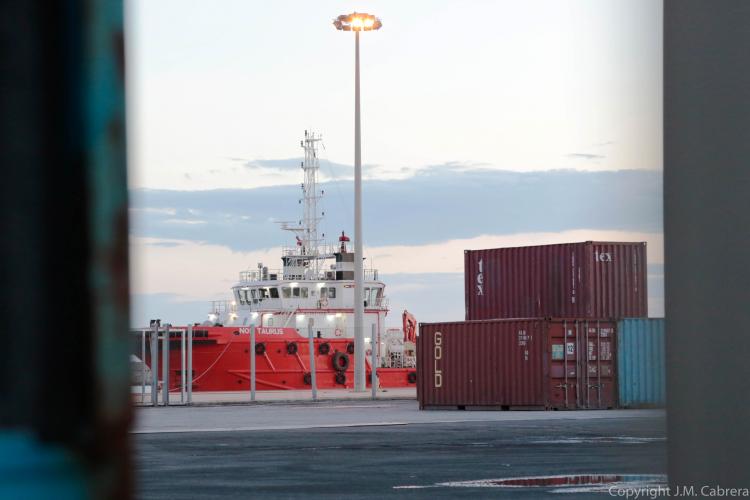Warehousing Asylum Seekers: Salvini’s Attempt to Dismantle the Italian Reception System
Posted:
Time to read:
Guest post by Lorenzo Vianelli. Lorenzo is a postdoctoral research associate at the University of Exeter, where he works for the ERC-funded project ASYFAIR on asylum adjudication in Europe. His previous research focuses on the multiple and contested ways through which asylum seekers are governed through reception in diverse contexts in the European Union.
On 1st December 2018, the Italian Parliament converted into law the controversial decree no. 113/2018 on security and immigration (so-called ‘Salvini decree’). The new legislative act, Law no. 132, amends substantially national asylum policies, by introducing several restrictive changes that pertain to residence permits, the reception system, detention, cessation of protection, safe country of origin, manifestly unfounded asylum claims and subsequent asylum applications. This raft of measures is in line with the political strategy of the current Minister of Interior, Matteo Salvini, who based most of his electoral campaign on the fight against migrants.
Two provisions introduced by the new law were particularly criticised by non-governmental organisations (NGOs) as well as mayors of Italian cities. The first relates to the revocation of residence permits based on humanitarian grounds, which benefitted 25% of applicants in 2017. These permits were granted to those who were not eligible for international protection on the basis of the Directive 2011/95/EU, but who could not be returned to their country of origin as this would have breached constitutional as well as international obligations. The second provision concerns an overall reorganisation of the national reception system, the implications of which are the subject of this blog post. The discussion of this much contested reorganisation will in turn open the way for some general reflections on the negative effects of implementing reception measures that merely address basic needs, such as food and accommodation. These minimum provisions, it is argued, lead to the warehousing of asylum seekers, thus fostering processes of dehumanisation and victimisation.

Law no. 132 of 1st December 2018 splits the national reception system by introducing separate treatments for asylum seekers and beneficiaries of international protection. The former are accommodated in governmental reception centres, the management of which is outsourced by the Prefetture (local branches of the Ministry of the Interior) to NGOs or profit-making private actors. In these centres, only the basic needs of asylum seekers are addressed through the provision of food, accommodation, a financial allowance, a toilet kit and a five-euro phone card. Conversely, beneficiaries of international protection are hosted in the former SPRAR (System for the Protection of Asylum Seekers and Refugees). SPRAR has now been renamed as SIPROIMI (System for the Protection of Beneficiaries of International Protection and Unaccompanied Minors) to comply with the change concerning the recipients of its measures. Unlike governmental reception centres, SIPROIMI is based on the involvement of municipalities, NGOs and associations in the design and everyday management of support measures. SIPROIMI offers a more comprehensive support as it includes integration measures (e.g. language classes, vocational training) as well as psychological support and personalised social assistance.
In other words, the new law introduces an artificial distinction between reception and integration measures, according to which the former have to be granted to asylum seekers while the latter are only provided to beneficiaries of international protection. The assumption underlying this distinction is that asylum seekers are in the country temporarily, as their stay is contingent upon the acceptance of their asylum claim; thus, the argument goes, it is not worth investing money in their social inclusion. This assumption is highly problematic not only because a rejection of an asylum claim does not necessarily translate to the return of the applicant to the country of origin. This would require an agreement with the country of origin, which has to recognise and be willing to accept his or her national back. These agreements are only available with a few countries and therefore most rejected asylum seekers are likely to stay as ‘irregular migrants’ in the country anyway. Besides this, keeping asylum seekers on hold for the length of the asylum procedure is likely to have a negative impact on their future integration. Prolonged waiting might undermine people’s motivation, lead to passivity, and even intensify the repercussions of possible traumatic events experienced in the past by asylum seekers.
The distinction between asylum seekers and beneficiaries of international protection is also reflected in the terms of the calls for tenders for the management of reception centres. Under the new terms introduced by Salvini, those running reception facilities are only allowed between 19 and 26 euros per person per day for the provision of all the services required. This is significantly less than the amount available for those who run SIPROIMI facilities, for whom the quota per person per day is 35 euro. Such a huge cut implies a significant diminution of the ratio of social workers to asylum seekers, as well as a reduction of the resources available for assisting vulnerable people as well as for taking care of applicants with respect to health, administrative and psychological issues.

Therefore, the reform of the Italian reception system encapsulates an understanding of reception as warehousing, the aim of which is the mere satisfaction of basic needs. In this perspective, asylum seekers are put on hold in governmental reception centres and given a bed, a roof and a meal for the time that is needed to process their asylum application. A politics of waiting is at stake in this form of reception, aiming to govern asylum seekers by dispossessing their time. The warehousing of asylum seekers denotes a process of dehumanisation through which the quality of asylum applicants as individual human beings is neglected. Asylum seekers are literally treated like objects that have to be temporarily warehoused in reception centres. This is made possible by the assumption that they are either potential victims or potential imposters, and in both cases the provision of just basic reception conditions is deemed to be fine. Indeed, if victims in need, asylum seekers should be grateful for any kind of help received. On the contrary, if ‘bogus’ applicants, they cannot certainly expect more than the least possible support that has to be granted to comply with the European Union’s directive on reception conditions (2013/33/EU).
To block this dangerous slippage of reception towards warehousing, which does not necessarily concern the Italian case only, it is all the more necessary to design and implement reception policies that have human beings – instead of objects, victims or imposters – as the main target.
Any comments about this post? Get in touch with us! Send us an email, or post a comment here or on Facebook. You can also tweet us.
__________
How to cite this blog post (Harvard style)
Vianelli, L. (2019) Warehousing Asylum Seekers: Salvini’s Attempt to Dismantle the Italian Reception System. Available at: https://www.law.ox.ac.uk/research-subject-groups/centre-criminology/centreborder-criminologies/blog/2019/04/warehousing (Accessed [date])
Share:








